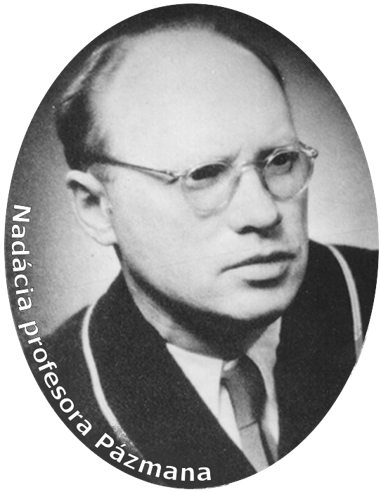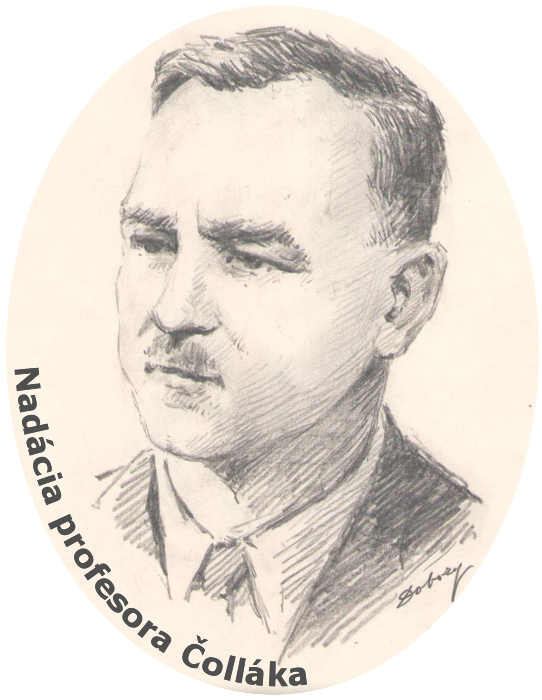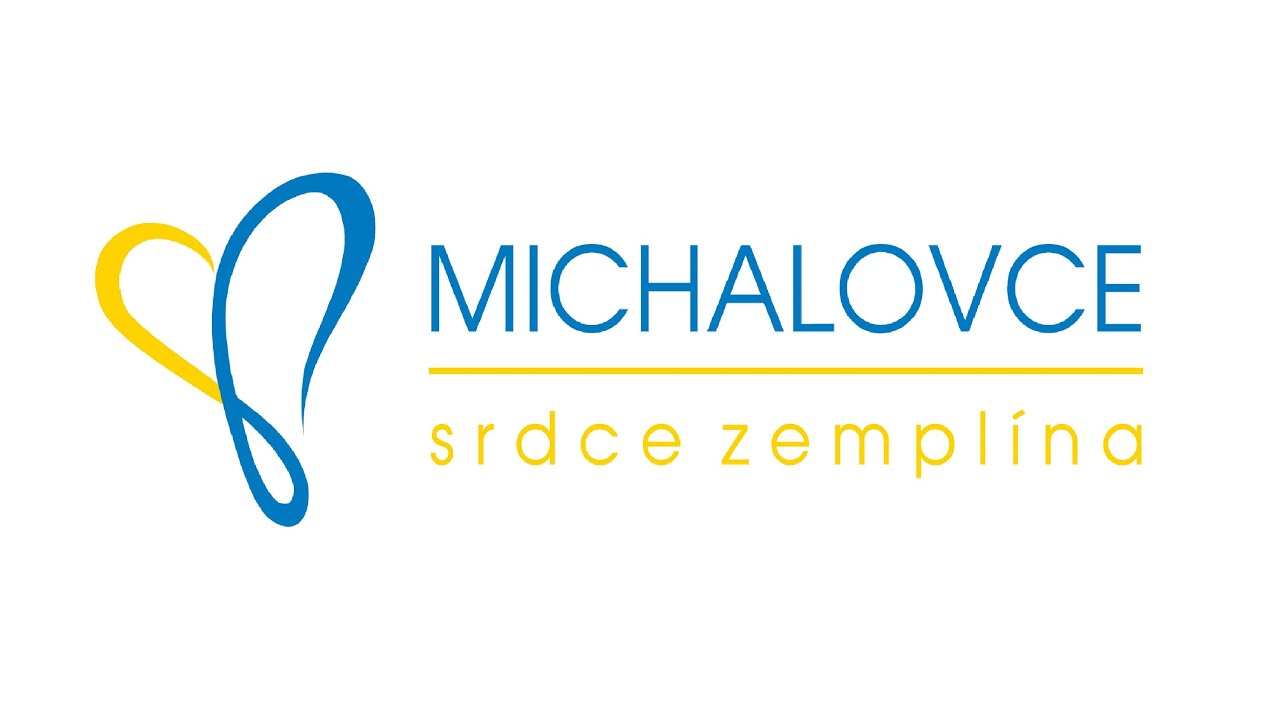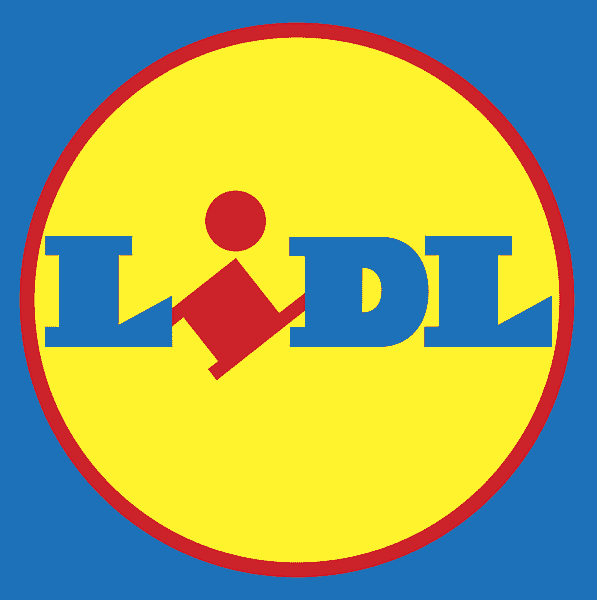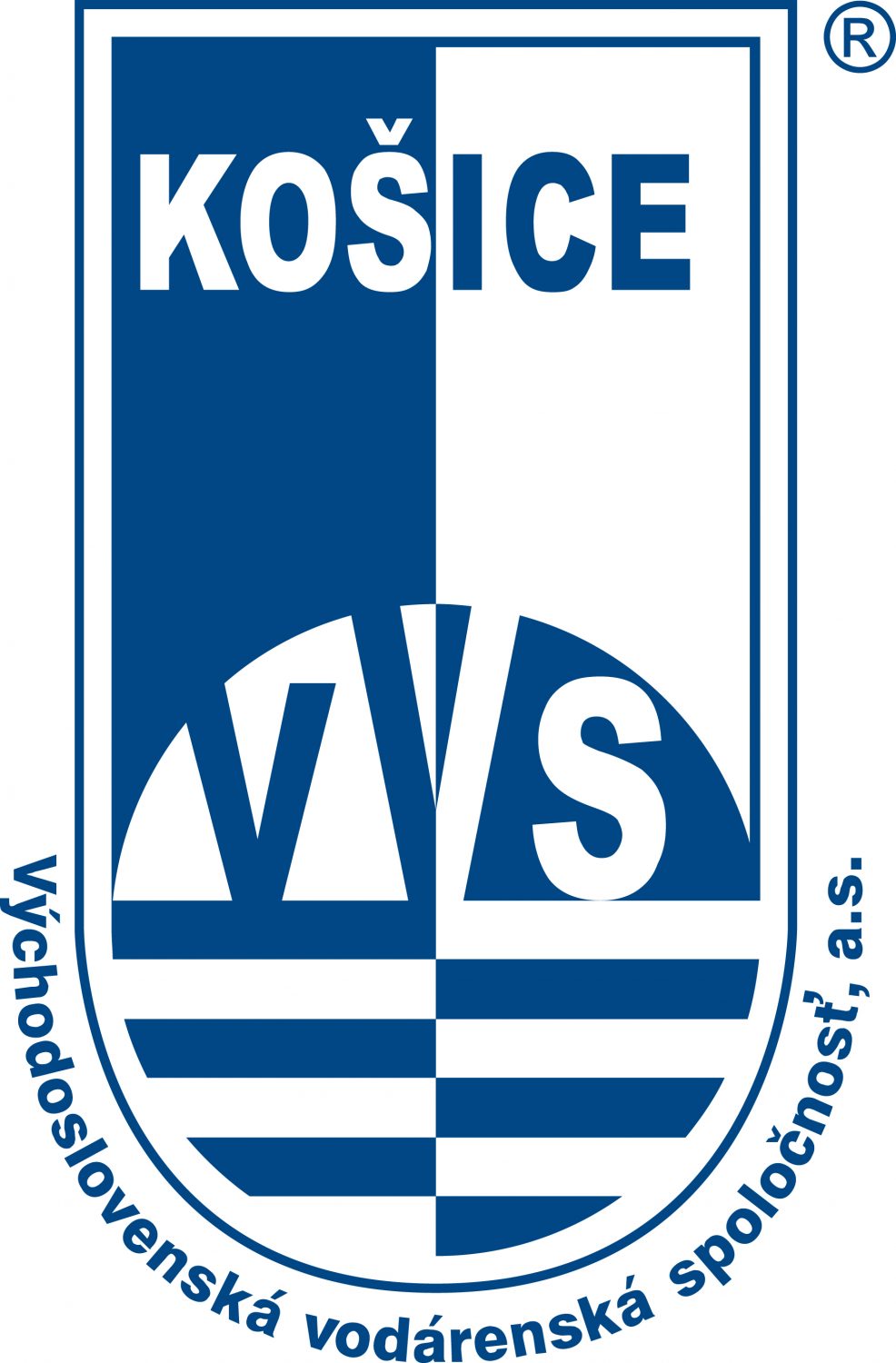Project "ARE WE GROWING UP HEALTHY? Social norms approach to promote healthy adolescent lifestyle in Visegrad"
Goal of the Project:
The overall goal of the project is to develop, implement and evaluate feasibility of an e-intervention based on a social norms approach to promote healthy adolescent lifestyle in V4 region. Such approaches has been successfully used for health behaviours, and attitudes, such as prejudice, mostly in US and UK less in Europe. The project will utilise data sources and scientific expertise of HBSC network and in implementation phase will involve active participation of adolescents peer activists.
Project Description:
Research states that decision making by young people is influenced by perceived social norms. During childhood, peers are shown to be the most salient social referent within school children. Research also shows that this population tends to overestimate the substance use of their peers which might lead to an increased personal use. Providing youngsters with accurate information on peer behavior through personalized feedback via an internet based tool have been shown to be a useful preventive tool in the US and in Australia but rarely in Europe. Therefore our main aim is to develop, implement and test an e-health intervention among schoolchildren in V4 region.
Project involves 1500 school children in total representing an intervention group and a control group. It also involves group of experts from V4 region as well as from HBSC research group.
Project has 3 main phases:
- Formative evaluation
Consists of surveying the population for norms and believes, as well as creating appropriate normative message for intervention by an expert group.
It is usually the most expensive part of such projects. Free of charge utilisation of HBSC 2014 survey data substantially increase the feasibility of the project. - Campaign
Next participants in the intervention group get access to an internet-based tool that allows them to receive personalized feedback on their own health behaviours compared to that of their peers. After 6 month participants in each group will be invited again to answer the internet-based questionnaire. Children in the control group will be able to receive personalized feedback when the study is finished. Active engagement of trained peer activist is expected in this phase. - Summative evaluation
Examining and evaluating the progress made by an intervention.
Project "Financial knowledge and skills of young future economists in 4V Countries"
The Project is realized under Standard Grant and is sponsored by International Visegrad Fund.
Project Description:
The project is aimed in conducting the research on financial knowledge and skills, commitment to basic financial products, risk profile of the young individual investors represented by students of economics fields in Visegrad Group Countries as well as the conducting the student competition in the area of the Financial Market – savings and investment. Participants will be students of Visegrad Group Countries.
Project partners:
- University of Economics in Katowice – project coordinator
- The University of J. E. Purkyně in Ústí nad Labem
- University of Economics in Bratislava
- University of West Hungary

